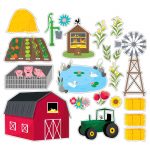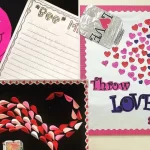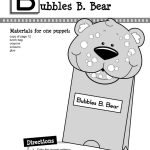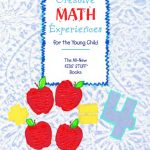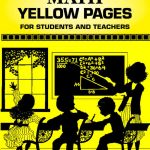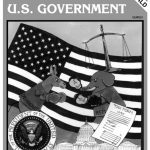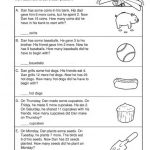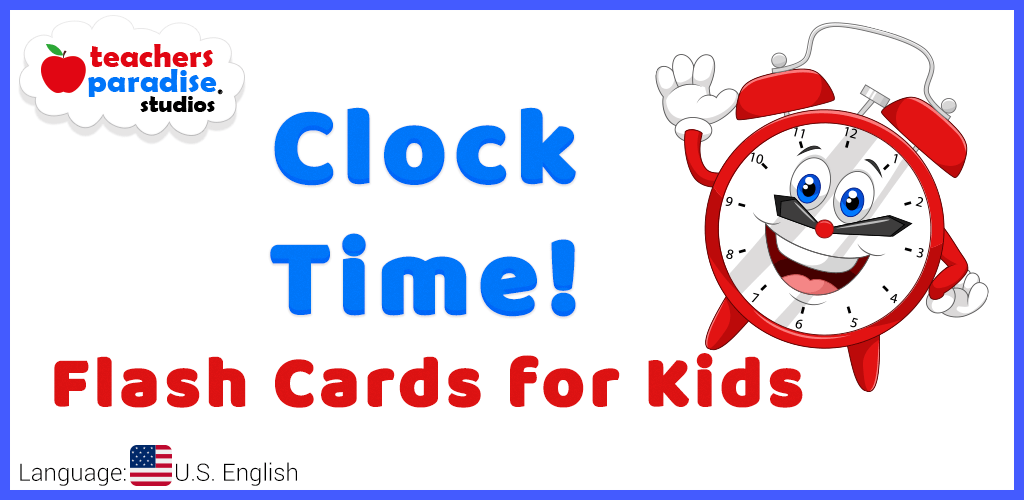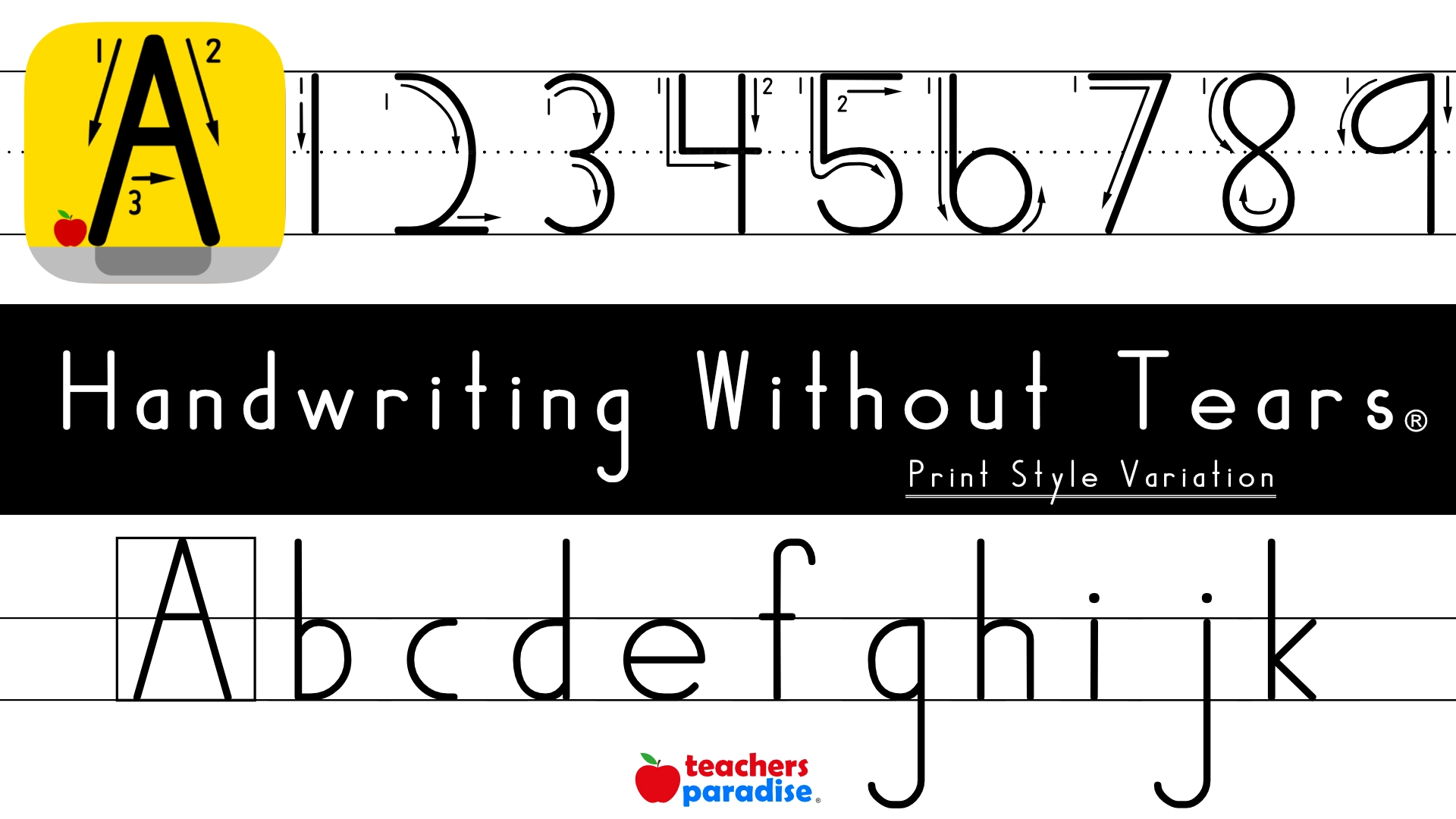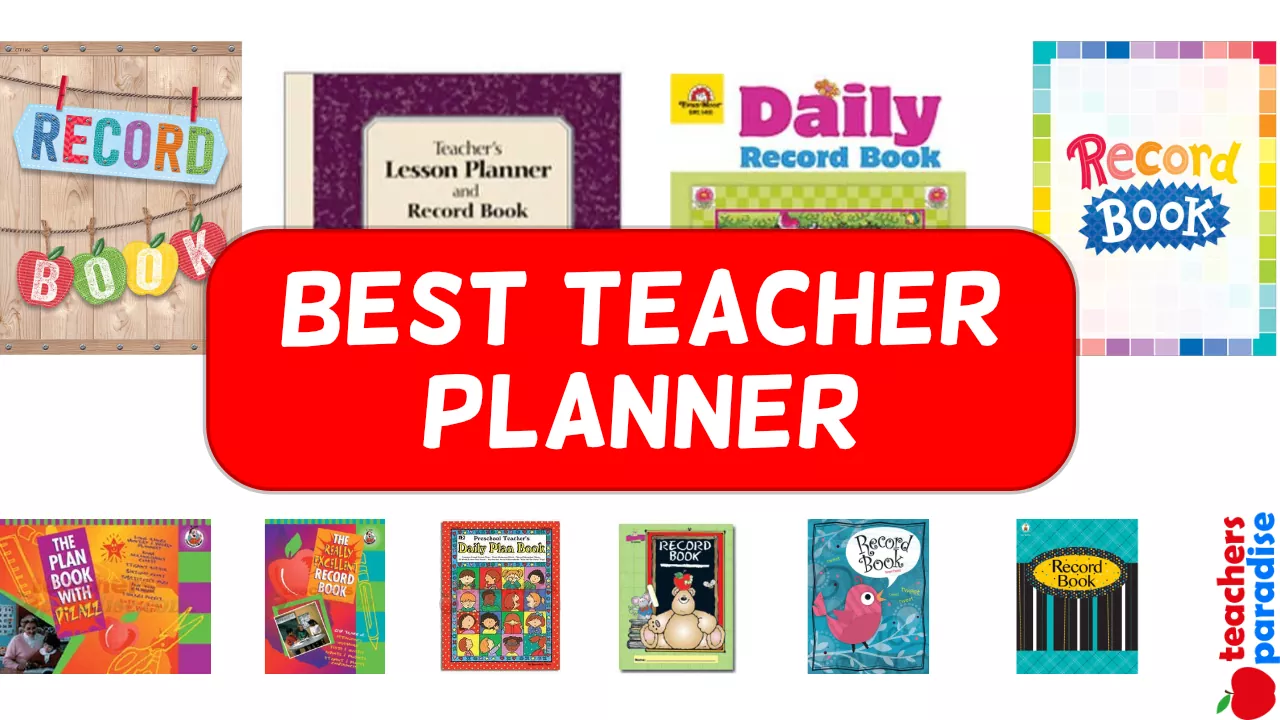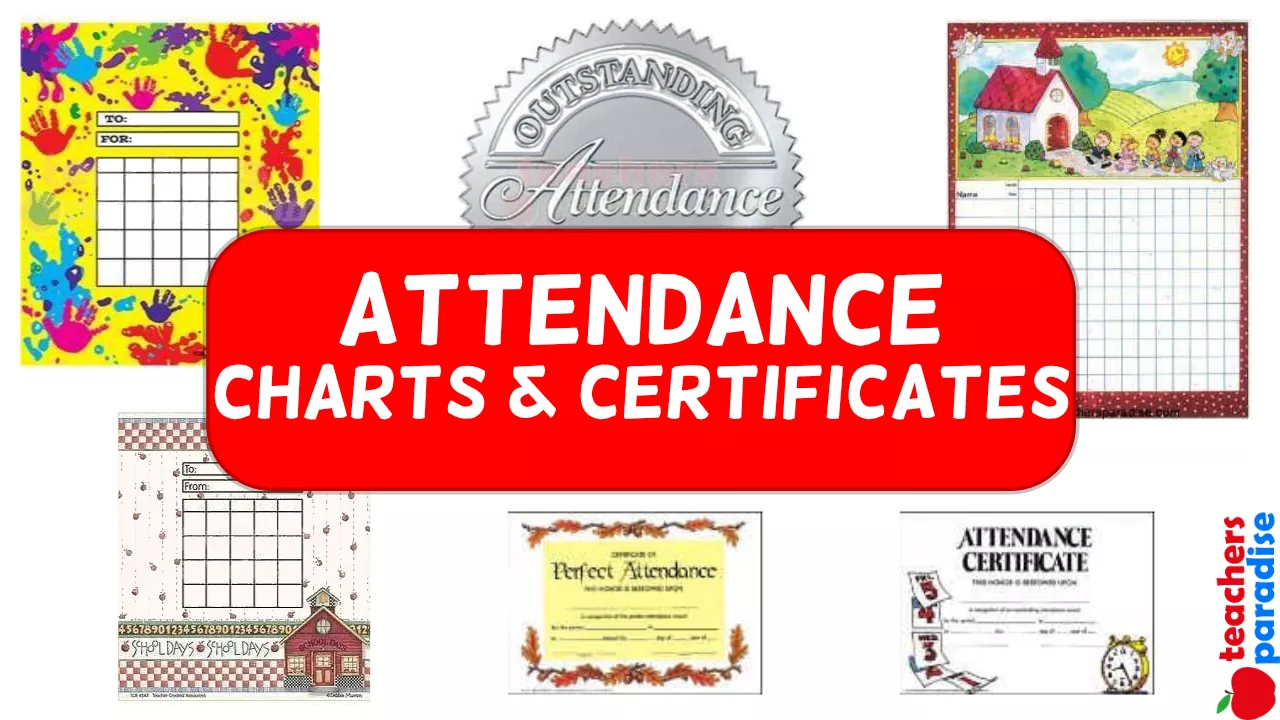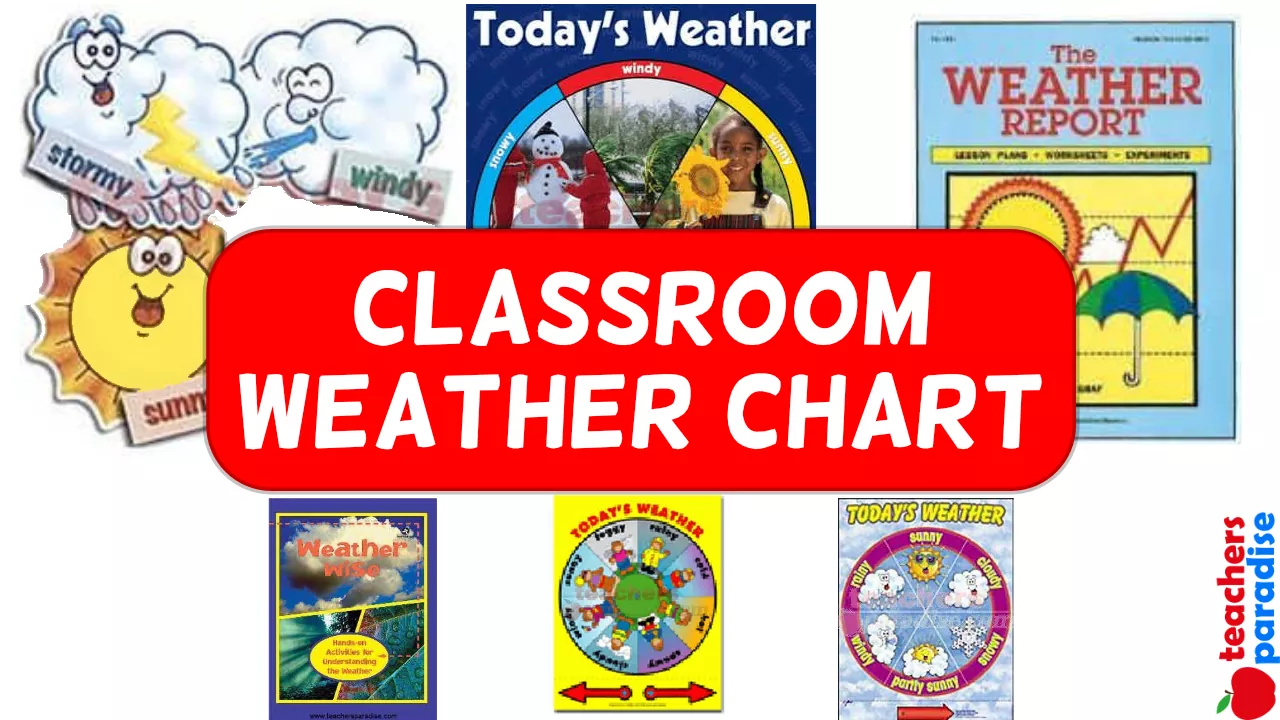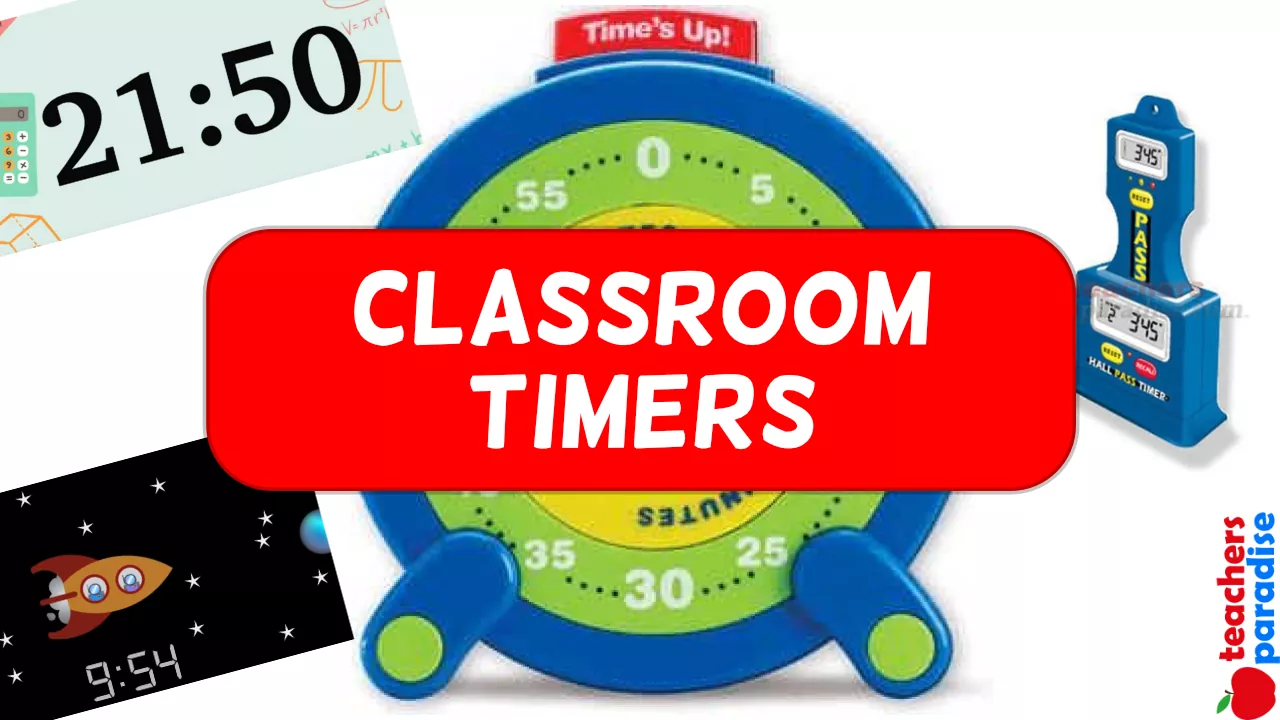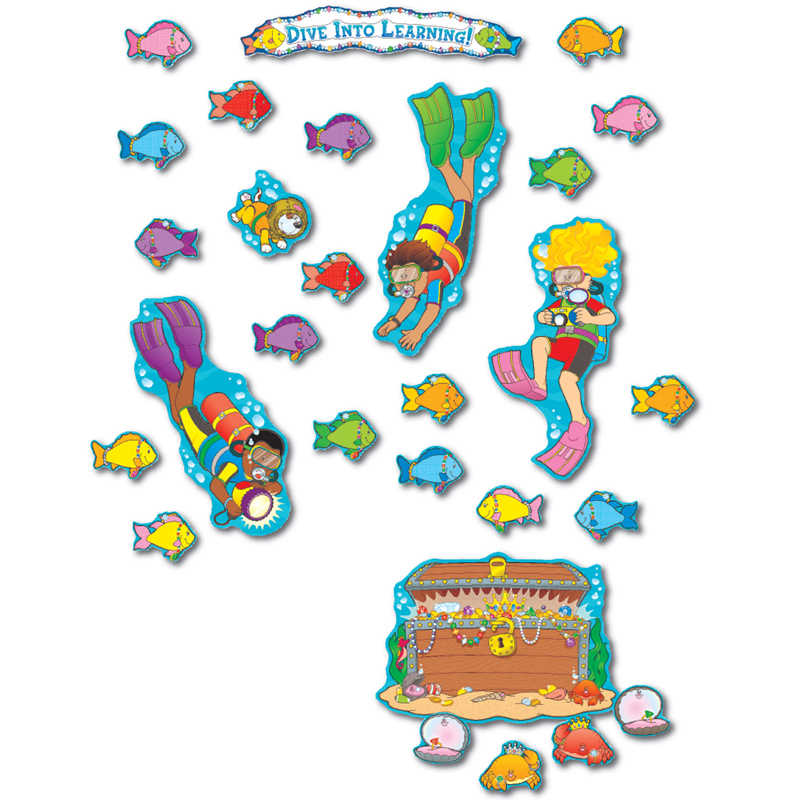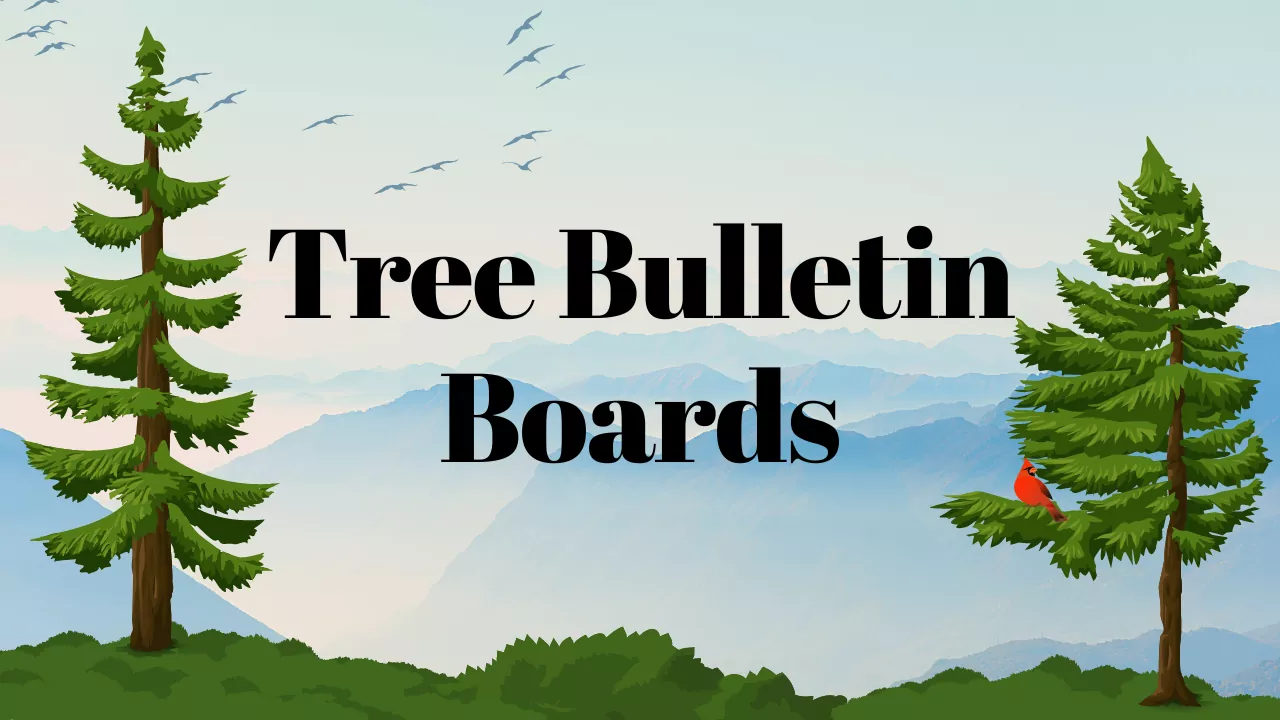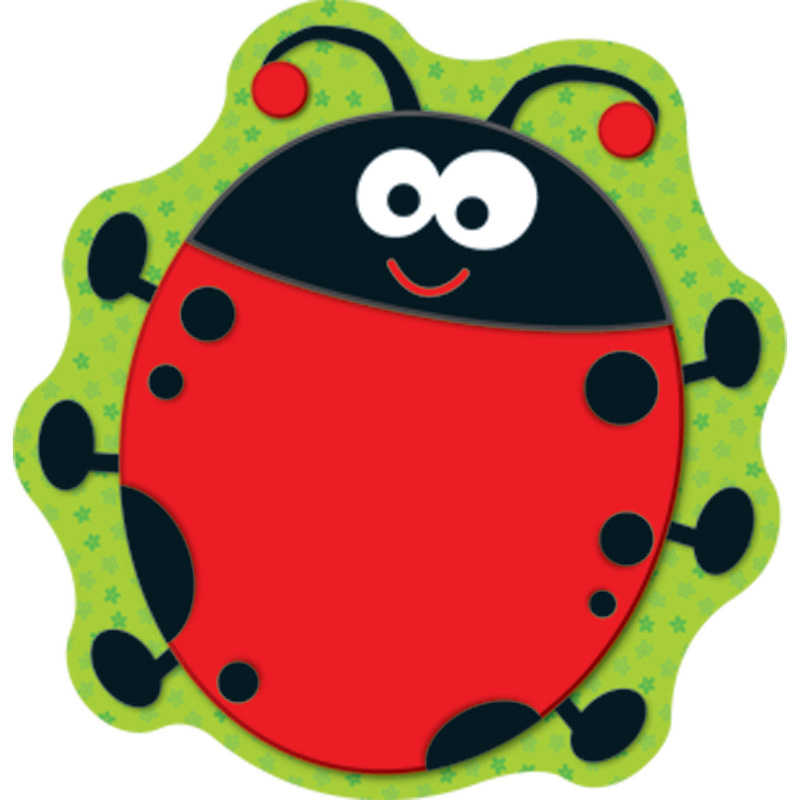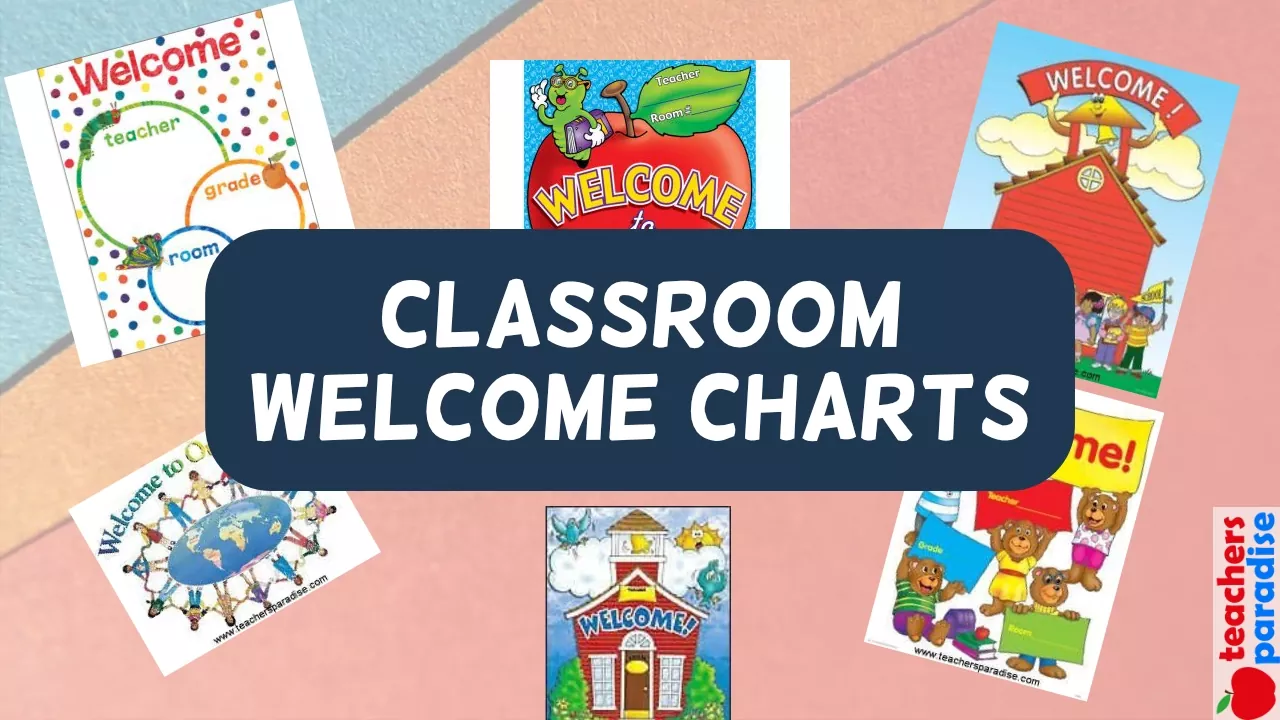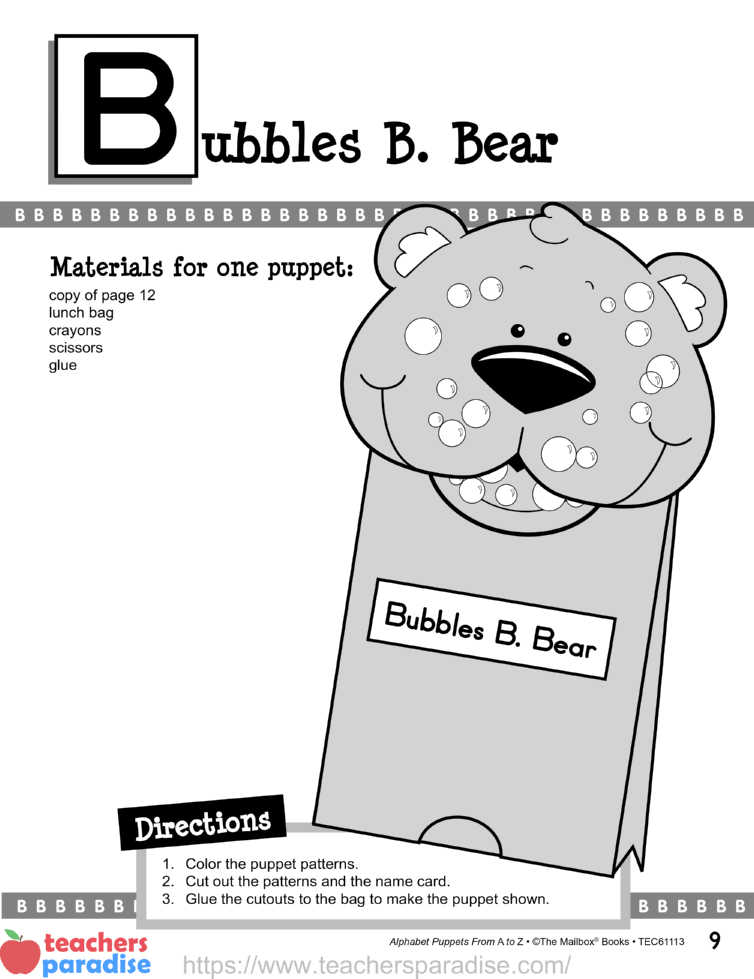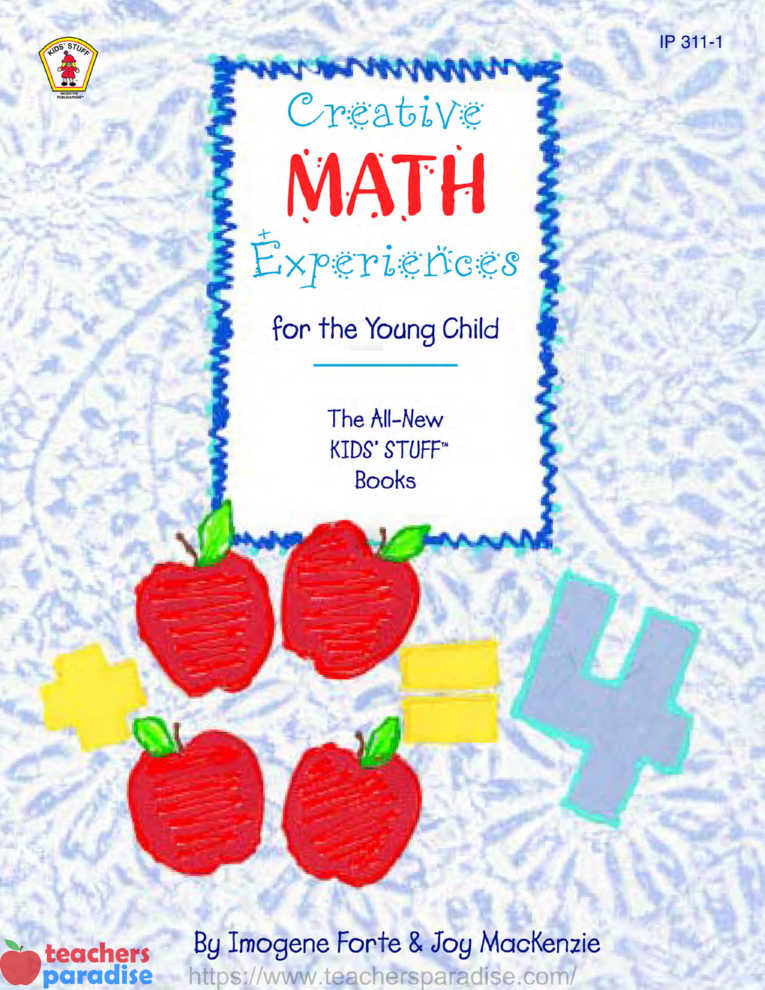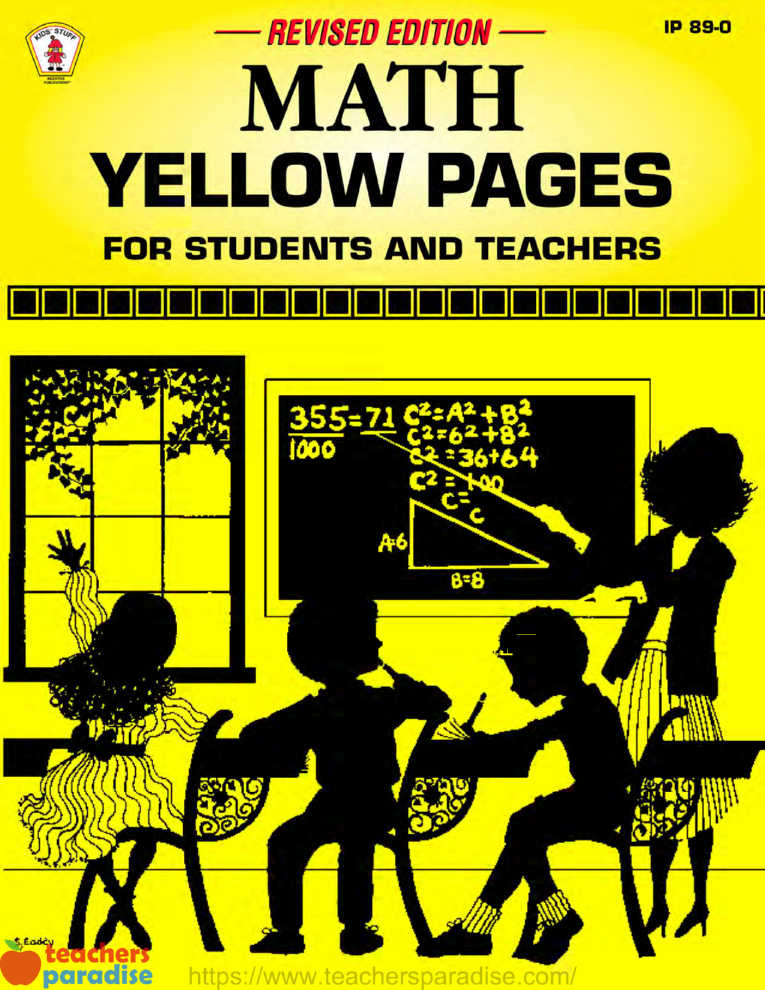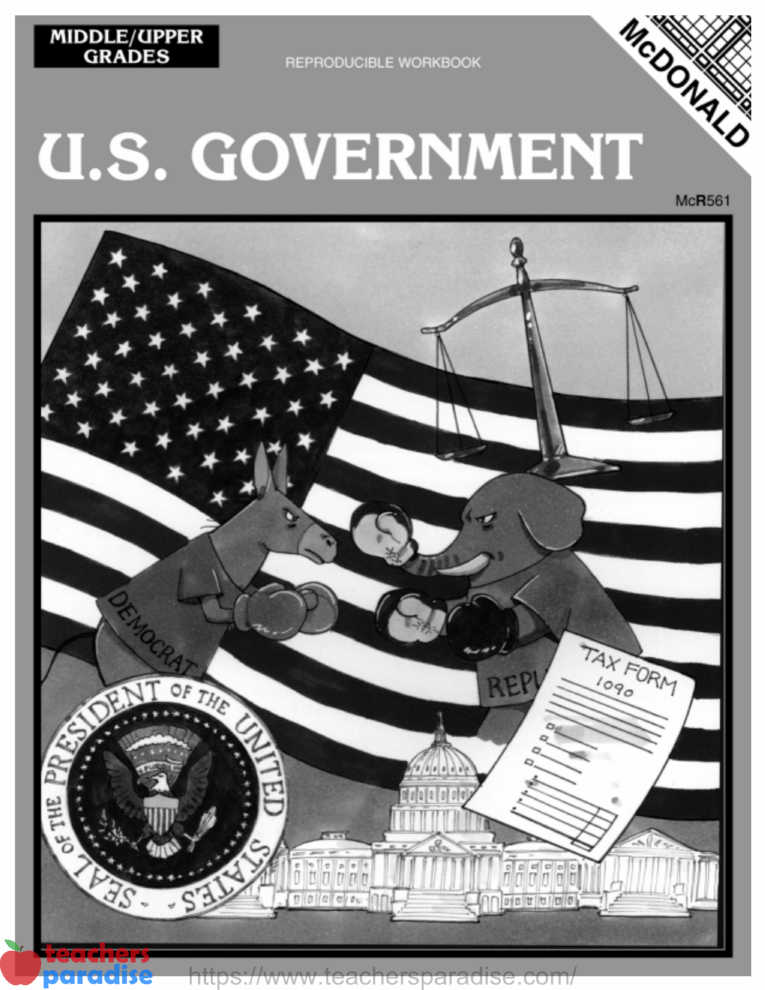Animals in Danger Emergent Reader Activity
BEFORE READING
Show the cover of the book and read aloud the title. Ask children to list reasons why animals might be in danger. Help them record their responses. Point out the table of contents, glossary, and index of the book. Tell children that these features will help them better understand what they read and also help them find information in the book.
READING
Help children set a purpose for reading by asking them to read to find out which animals are in danger and what people can do to help.
Use questions such as these to guide the reading:
• Why are some animals dying out?
• How do you think life changed for people near the North Pole when people from other lands started killing beluga whales?
• Name one thing you could do to help protect animals in danger.
• How can wildlife organizations help animals in danger?
WORKSHEET & Sample PDF Activity
Sample PDF Activity
AFTER READING
Return to the chart made in Before Reading. Ask volunteers to add other reasons that animals are in danger.
Response Activities
Animal Letter Campaign
Materials: paper, pencil, copies of Animals in Danger
Have pairs of children choose one animal from the book. Then have them write a letter to one of the organizations listed on page 31 to find out what they can do to help.
Make Save-the-Animal Posters
Materials: posterboard, crayons or markers
Have children make posters that remind people of things they can do to save animals in danger. They can include the addresses of organizations that have more information. Display the posters in the hallway.
PHONICS FOCUS
Identifying Consonant Digraph -ng
On the board, write young. Call attention to the letters -ng at the end of the word and the sound the letters stand for. Have children look through the book for other examples of words that end with -ng. (strong, long, wing, living, anything)
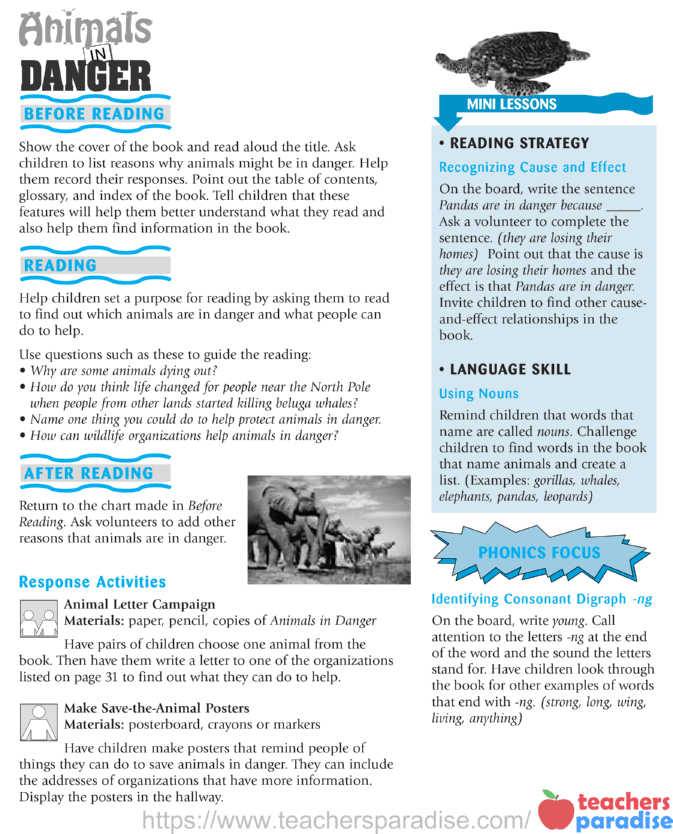
MINI LESSONS
• READING STRATEGY
Recognizing Cause and Effect
On the board, write the sentence Pandas are in danger because _. Ask a volunteer to complete the sentence. (they are losing their homes) Point out that the cause is they are losing their homes and the effect is that Pandas are in danger. Invite children to find other cause-and-effect relationships in the book.
• LANGUAGE PATTERN
Using Nouns
Remind children that words that name are called nouns. Challenge children to find words in the book that name animals and create a list. (Examples: gorillas, whales, elephants, pandas, leopards)



